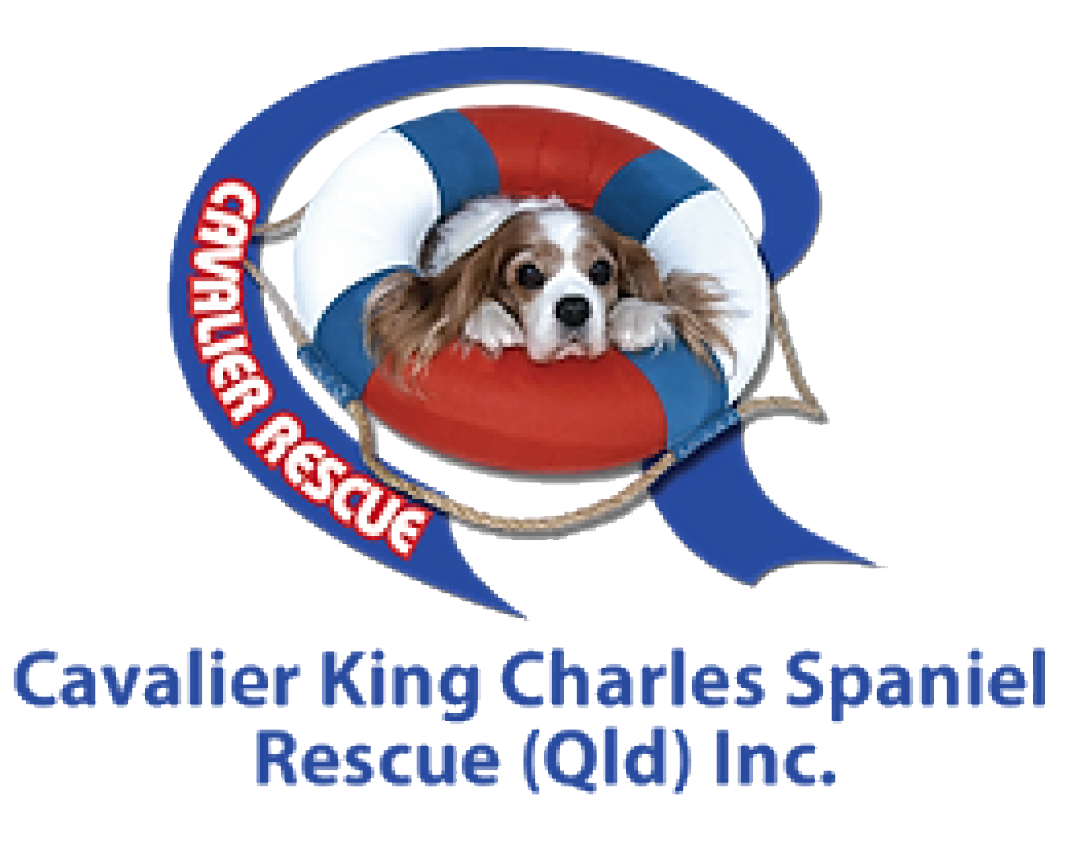Is a Cavalier King Charles Spaniel Right for You?
Are you prepared for a 12-14 year commitment? Choosing a Cavalier King Charles Spaniel is a lifelong commitment. A Cavaliers lifespan is between 12-14 years. It is so important that you do not make the decision to adopt (or purchase) a Cavalier on a whim. You need to think long and seriously about this decision before making it because you are adding an additional member to your family.
Companion dogs
Cavaliers are a companion dog. They were bred for human interaction. They will love you unconditionally for their lifetime and want to be close by you. When they are not with you they are highly likely to develop separation anxiety and stress. If you are not able to be with your Cavalier and you do not invest in appropriate training and set boundaries, your Cavalier may become very anxious which can present as whining, barking, chewing destructively, drooling and mood or behavioural changes. If you are away from home for more than 8 hours a day, 4-5 hours a day a Cavalier may not be the dog for you.
Inside dogs
Cavaliers are indoor dogs, sleeping inside and spending a lot of time inside. They are very susceptible to heat and cold and should always have adequate shelter/shade and plenty of clean water- dehydration for this breed is deadly.
Snorers
We need to let you know about Cavaliers tendency to snore. More often than not Cavalier King Charles Spaniels snore. IF they don’t snore as a puppy or in their younger life, as they mature, the likelihood of them snoring is high. Your home will reverberate with the sound of snoring. This comes with the breed as they are a shorter nosed breeds. If you are a light sleeper you should take this into account as they are quite loud.
Exercise
Cavaliers are quite active little dogs and enjoy exercise – a couple of long daily walks and a fenced yard in which to run is adequate. Of course, Golden Oldies or dogs with medical conditions may need to have their exercise program adjusted.
Grooming
Cavaliers need to be brushed and knots removed every single day. Cavalier King Charles Spaniels shed fur, more so in Summer. Therefore so regular grooming/brushing is required and this includes nails being clipped and teeth being brushed. If you or another family member is allergic to dog fur or saliva, then the Cavalier is not the breed for you.
Not an ‘off leash’ dog
Cavaliers cannot be trusted off-leash. They have more hunting dog instincts than you might expect as spaniels were originally used in hunting, particularly to flush birds such as grouse from the undergrowth, and to this day most Cavaliers see birds as fair game. Add in skinks, geckos, cane toads and snakes plus anything else that moves on ground level.
Escape artists
Escape-proof fencing is a must and gates should be locked so that they are not left open by visitors to the property. Pool fencing, if relevant, is included.
Health problems
Cavalier King Charles Spaniels are known to be prone to many health issues. A lot depends on how conscientious the breeder is, but even with the best bred dogs, there is always the possibility of a throwback. If you obtain your Cavalier from ‘Gumtree’ or similar, and you haven’t met their Mother and Father and/or seen official breeding documentation, you are essentially in a health lottery. In saying that, Cavaliers can live long healthy lives (their life expectancy is between 12 - 14 years). A lot of the time this can be determined by the actions of their humans. When Cavaliers are provided with a healthy, high quality diet of raw food, daily exercise, mental stimulation, health care including dental care they can have great longevity. It is important to also be aware of the home environment you provide. As mentioned, Cavaliers are escape artists so it is essential they cannot escape from your home and run onto the road. It is also essential to be aware of poisons around the home and garden. This includes toxic plants, toads and human food that is poisonous to them.
Training
Most Cavaliers are willing to please, therefore positive reinforcement training with praise and encouragement is the ONLY recommended training for Cavaliers.
Socialisation
Cavaliers require plenty of socialisation to build a confident outgoing temperament. Involving them with your family activities, exposing them to other small, similar temperament dogs can be helpful.
Children
Children should be taught how to behave when with a dog. Sensitive, slight breeds like the Cavalier and any puppy should not be treated as toys to be dragged around, poked, prodded, ears pulled or squeezed tightly. Very young children MUST be supervised at all times when playing with any animal to avoid unnecessary, painful and costly accidents. Everyone should be aware that when approaching any dog, you hold your hand out for the dog to sniff it, and NEVER pat it on the head straight away as dogs find head patting a threat.
